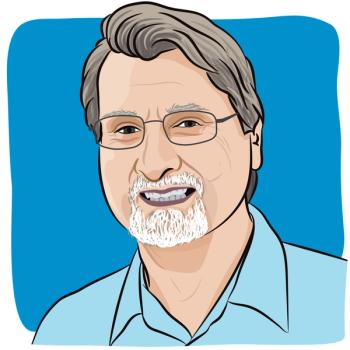
I was shocked at a recent doctor appointment when practically nobody in the office was wearing a mask.

I was shocked at a recent doctor appointment when practically nobody in the office was wearing a mask.
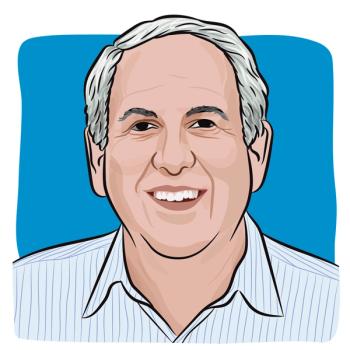
I’m playing the cancer cards dealt to me as best I can, and am trying to stay healthy.
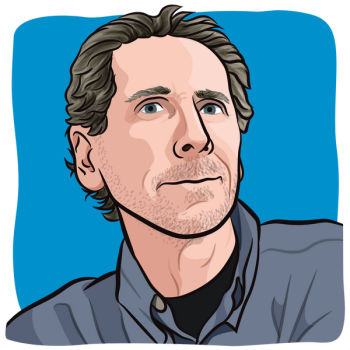
Gender be damned, a mother bear’s “fierce compassion” became my default mode as I cared for my ailing adventure partner and soul mate.
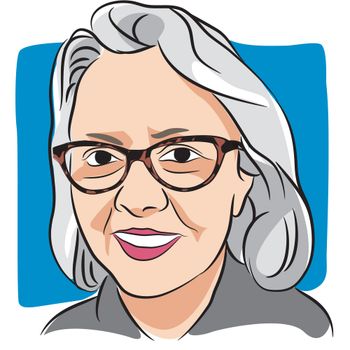
“Love Story,” the story about a young woman who falls in love and then dies of cancer, affects me differently now than it did when I was a teenager and no experience with either love or cancer.
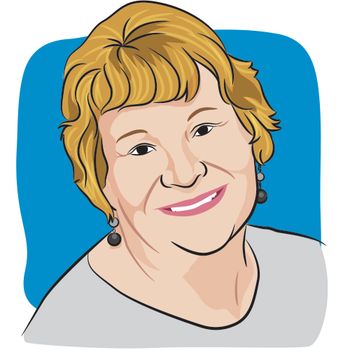
I must remember to be kind to myself, and not compare my current abilities to my pre-cancer days.
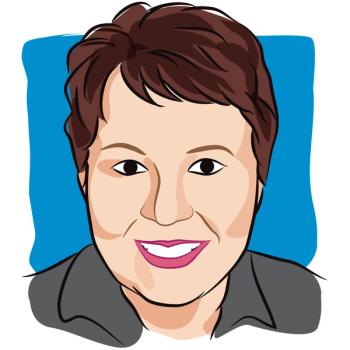
Hearing the news of Olivia Newton-John’s death shocked me. I’d loved this lady since the early 70s. But shock wasn’t the only emotion I faced — along with it came overwhelming sadness and fear.

It’s hard to watch other people fight cancer, but I must remember to stay inside my safe zone — my hula hoop — and only run to aid them when they ask.
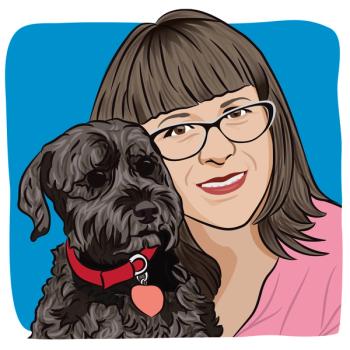
I made too many late-night purchases for things that I thought I’d need after my mastectomy. Thankfully, the STOMP group helped me get rid of some of these items.
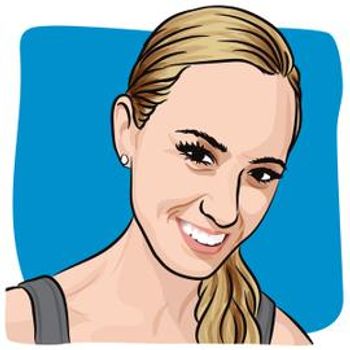
When my grandmother passed, I noticed my aunt was ruder than usual, and I wondered if I was like that during my cancer experience... and if the pain I was going through excused that behavior.
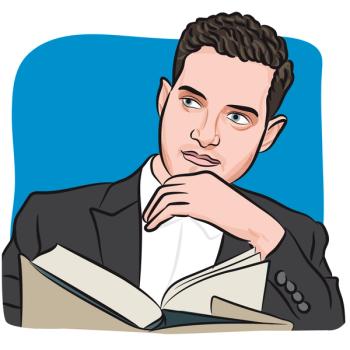
I recently read a book about the psychology of money, and actually related much of the content to my life after osteosarcoma.
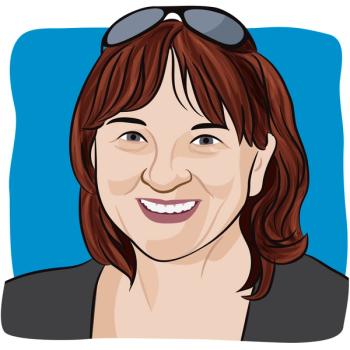
Despite how caring they may be, certain people in our life had a difficult time being there for the realities of my daughter’s cancer experience.
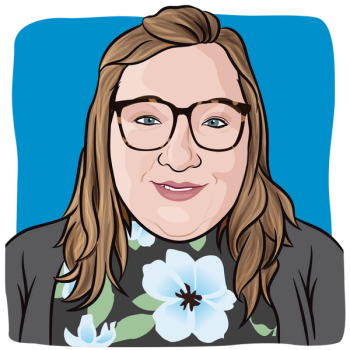
Losing my hair from breast cancer treatments was an emotional experience for me and helped me empathize with others who also lost their hair.

Cancer treatment-related osteoporosis caused me to shrink two inches.

After being diagnosed with cancer, hope can be a very fragile thing, but it is essential that we hold on to it.
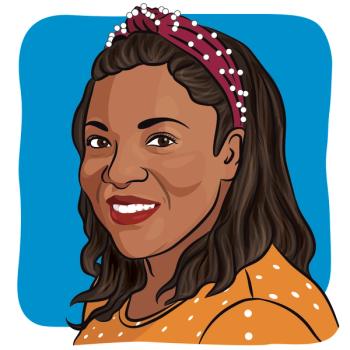
I don’t fit the profile of someone who gets diagnosed with mesothelioma, so my diagnosis came as a shock.
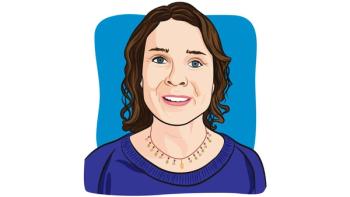
After being a 20-year brain tumor survivor, I met with a genetic counselor and learned that I have a MUYTH gene mutation.

I was feeling fatigued after undergoing breast cancer treatment, but once I started walking multiple times a week, I noticed that I felt much better.

Drawing helped me stay grounded while my wife was going through cancer treatment.

My oncology team and I decided that it was OK to decrease the frequency of cancer-related scans, leaving me both relieved and nervous.

It baffles me that people take advantage of patients with cancer by peddling fake cures.
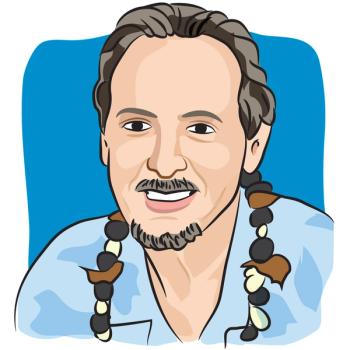
Surviving cancer made me thankful for each day. After all, the human lifespan is limited.
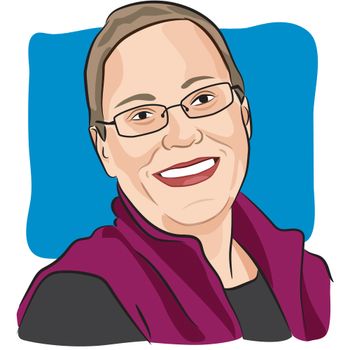
This year, I returned to the American Society of Clinical Oncology meeting, where I heard about the latest advancements in cancer care, as well as met with fellow patients and advocates.

After experiencing complications from breast reconstruction, I’ve decided to go “fabulously flat” and evict my implants.
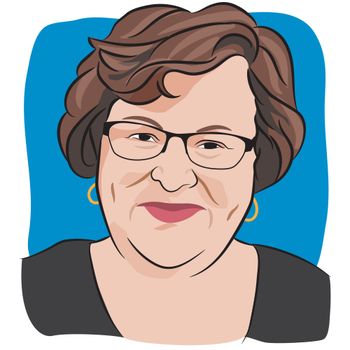
I would be devastated if my husband left me during my cancer experience. Unfortunately, that is a reality for some people.

As I reflect on cancer survivorship, I notice how important the camraderie with fellow survivors is.

At first, I was apprehensive about a male doctor treating my breast cancer, but I soon realized that he was treating me as he would his own family members — and that made me realize that I was in good hands.

I frequently relive the day I was diagnosed with cancer and realized that I may need to limit my exposure to other people’s cancer battles.

As I enter my second year of grief and the shock and fog of the traumatic loss of my wife to cancer has waned a bit, sometimes I see things a little clearer. And one thing I do know, there was something that I did get right.

If I make a wrong turn while hiking, I backtrack until I find my way again. I’ve decided that it’s OK to do the same thing when it comes to finding a cancer care team.

The decision to be treated locally or at a large research center can be a difficult one, but I am lucky enough to have both.